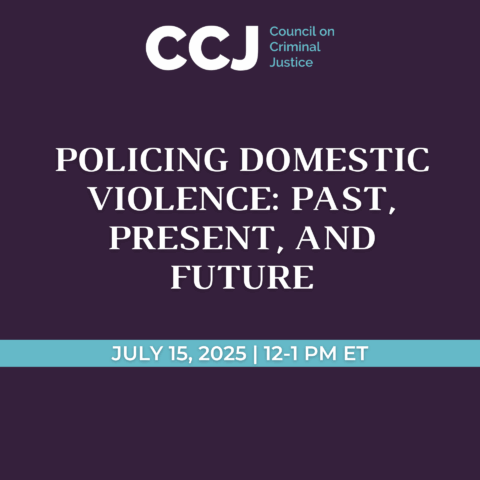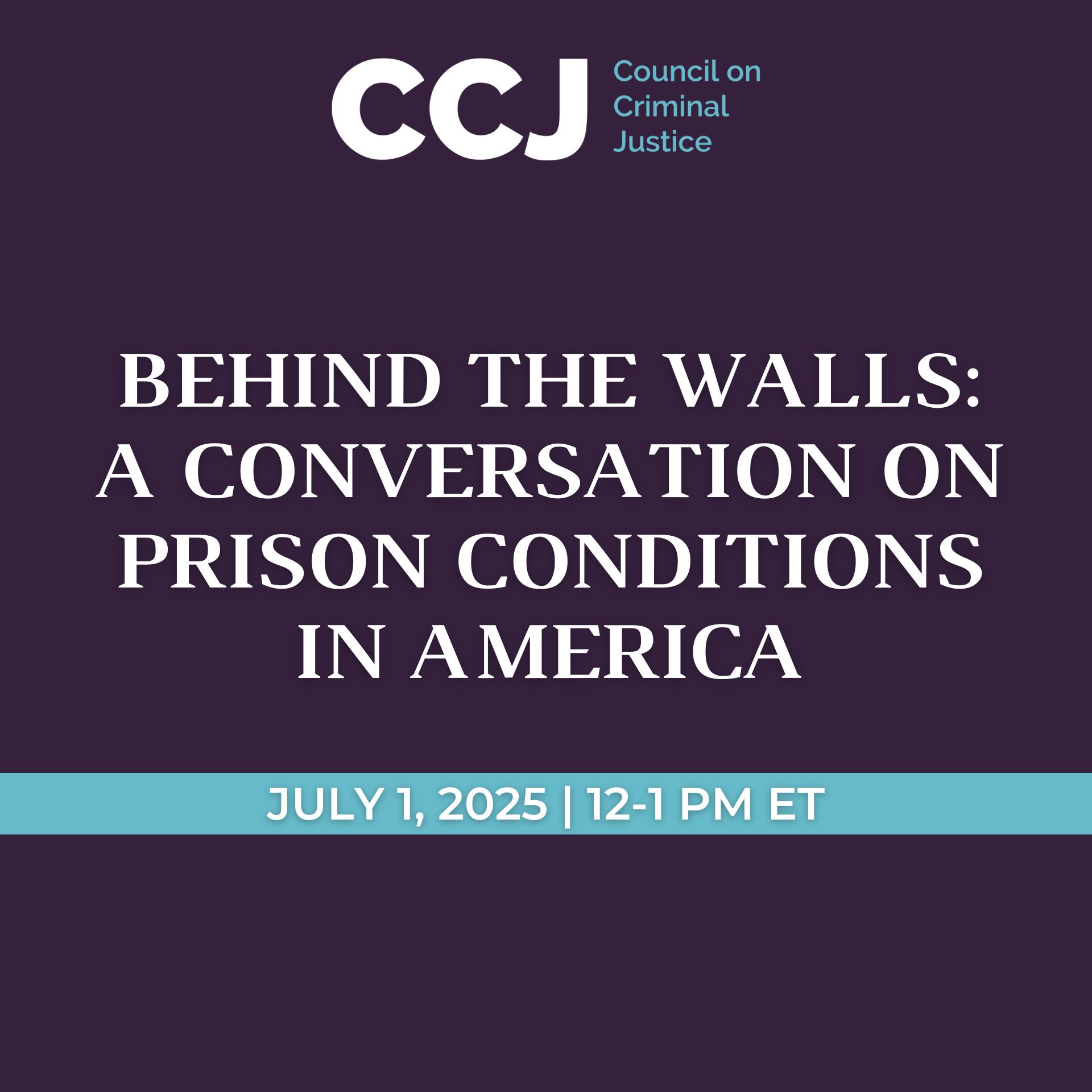5:00 a.m. ET, March 29, 2021
Contact: Jenifer Warren
jwarren@counciloncj.org
916-217-0780
WASHINGTON, D.C. – The death of George Floyd highlighted enduring problems with American policing, including the crucial need for officers to intervene when witnessing the use of excessive force or other misconduct by peers. The culture in some police departments discourages officers from speaking up when they see colleagues engaged in inappropriate or unlawful behavior. Duty-to-intervene policies should be adopted to address that dynamic, but such policies alone are insufficient. Indeed, the Minneapolis Police Department had such a rule on the books when Floyd was killed.
The Task Force is evaluating the most commonly proposed policing reforms to determine which are backed by evidence and most likely to reduce biased policing and misuse of force. Its assessment of intervention policies found that, to be effective, they must:
- Be reinforced through training to address negative stereotypes, racial biases, and power dynamics that help justify inaction on the part of bystanding officers.
- Include mandatory reporting rules that require officers to speak up when peers or superiors engage in other misconduct, such as drinking on the job or making racial slurs.
- Hold accountable not just officers who engage in misconduct, but also those who bear witness to it, are in a position to intervene and fail to do so.
Supervisors at all levels should support and model active bystanding, and intervention policies should be enforced with both incentives and sanctions. Finally, duty-to-intervene rules must be accompanied by broad organizational changes to transform the culture of policing and break down the blue wall of silence.
The Task Force also endorses a ban on chokeholds and other neck restraints – another central issue in the Floyd case; recommends that no-knock warrants and unannounced police raids be prohibited or severely restricted; and urges the adoption of more robust officer training that prioritizes de-escalation and communication skills.



